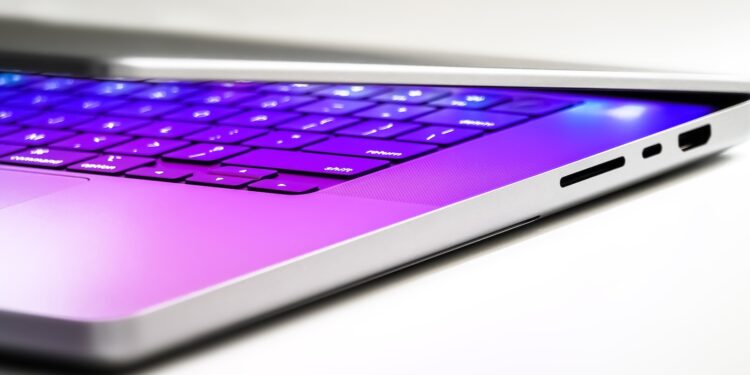With macOS 16, Apple is planning a significant change in data protection. Specifically, it concerns the clipboard – the area where content such as text, images, or passwords are temporarily stored when you copy them. Until now, Mac apps could access this space without you noticing. This is set to change in the future.
Apple has previously taken measures on the iPhone to prevent unwanted access to the clipboard. Since iOS 14, you're notified when an app attempts to read content. In iOS 15, this has been further developed so that apps are only allowed to access content if you actively paste something yourself. Now Apple is following suit with the Mac, bringing these protections to macOS 16.
Automatic access to the clipboard will soon be a thing of the past
In macOS 16, you'll be warned if a Mac app attempts to read the clipboard without direct interaction. This means that if you copy or paste something yourself, nothing will happen. However, if an app requests data in the background, a warning will appear. This behavior is similar to what iOS users are already familiar with. The protection only takes effect if the access isn't initiated by an action you performed. This is intended to prevent apps from spying on what you last copied in the background. This is an important step, especially for sensitive data like passwords or personal information.
New APIs for developers should avoid unnecessary warnings
To ensure that developers can continue working with the clipboard without constantly triggering warnings, Apple is introducing new interfaces (APIs). These allow the type of content on the clipboard to be checked without directly reading it. For example, apps can detect whether there is text or an image on the pasteboard without reading the exact contents. Specifically, these are new functions in the NSPasteboard and NSPasteboardItem classes. These will offer the option of what is known as "inspecting" data. The content itself remains untouched, which does not trigger a system warning. In addition, a new property called accessBehavior is being introduced. This property can be used to specify how the app should behave when accessing the clipboard. There are three options: always access, never access, or access only with prior user permission. This gives developers more control and allows them to adapt their apps to comply with data protection regulations.
Apple warns of apps that secretly read data
Jeff Nadeau, a software engineer at Apple, announced on Mastodon that during its research, Apple had discovered apps that regularly read the clipboard without users noticing. At the same time, there are also legitimate applications that need to access clipboard data, for example, to automate workflows. This is precisely why a middle ground was sought that balances privacy and functionality. Developers can test the new features now. Apple allows the clipboard behavior to be enabled in advance via developer settings. This allows adjustments to be made before the feature is available to all users.
macOS 16 adopts iOS behavior and extends it
With this change, Apple is following the example of iOS. On the iPhone, the operating system has successfully protected the clipboard for several years. A notification appears there too when an app reads data without you having pasted anything yourself. With macOS 16, this behavior is now being adopted for the Mac and expanded with new options. These measures are part of a larger initiative by Apple to give users more control over their data. Especially in everyday life, where multiple apps are often running in parallel, it is helpful to know when personal information is being accessed in the background.
Data protection in everyday life: How macOS 16 protects you from curious apps
macOS 16 brings an important new feature to your everyday life: You'll now be notified when an app attempts to access your clipboard in the background. This feature is similar to the behavior on iOS and provides more transparency. At the same time, new APIs allow developers to design their applications to bypass the protection when it's not necessary—for example, in response to a specific user action. You can test the new behavior before the official launch of macOS 16 if you're a developer or configure the appropriate settings. Overall, Apple is once again demonstrating that data protection is playing a greater role on the Mac. With improved control over the clipboard, macOS 16 is taking a meaningful step toward greater security and trust. (Image: Shutterstock / WML Image)
- macOS 15.5: Safari saves power with new Web Push feature
- macOS tip: Automatically remove files from the Trash





